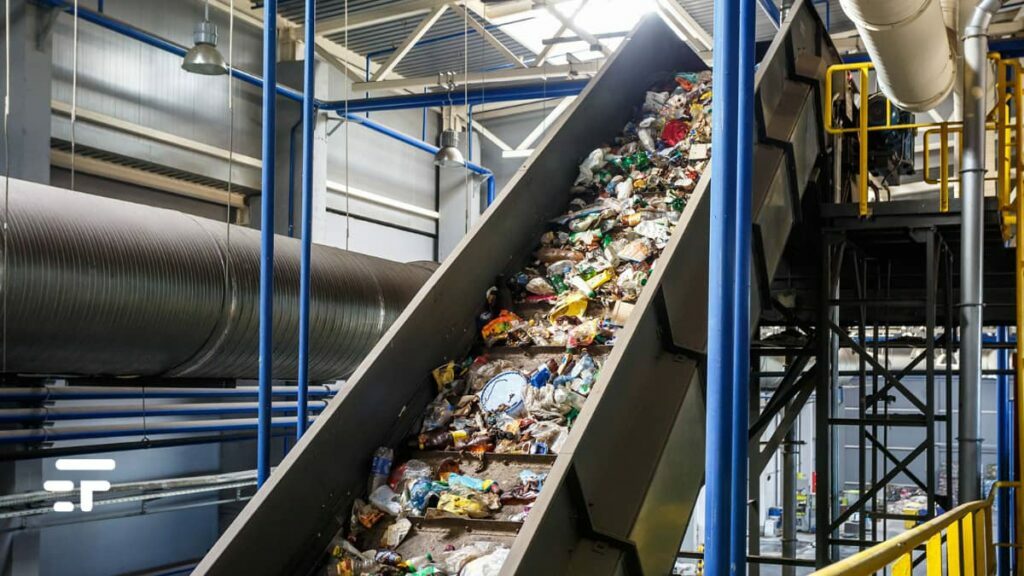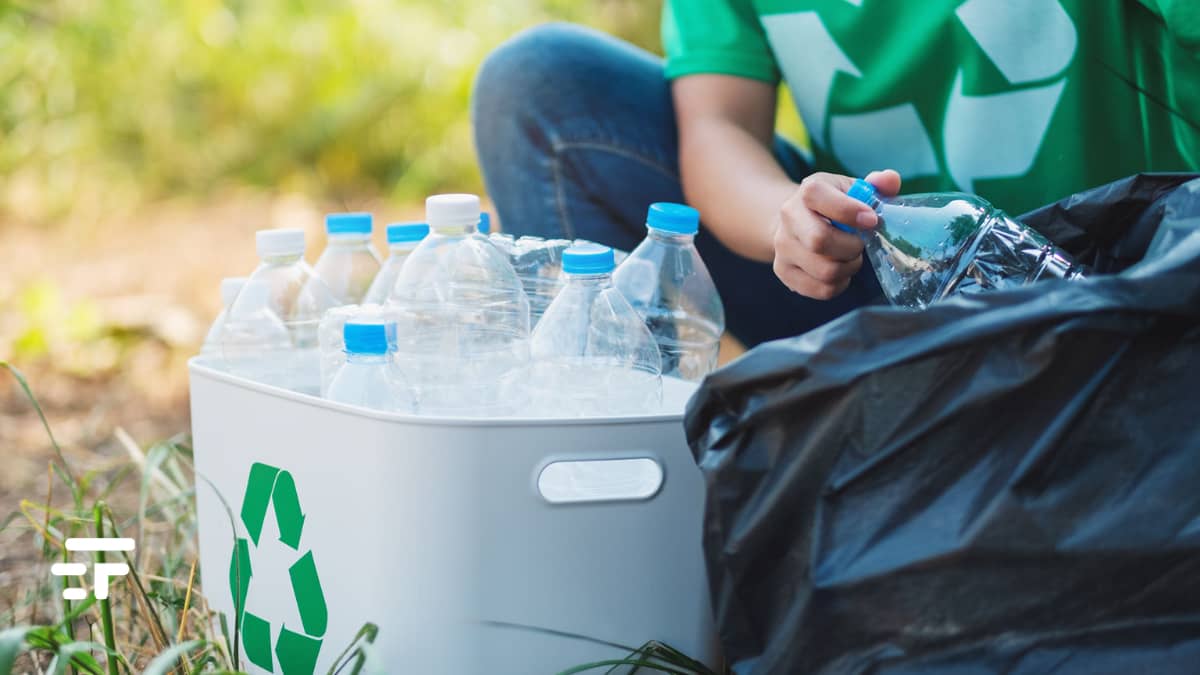This year does not bring Italy many goals, but one is important and should be mentioned: Italy is the first European country for the recycling rate of urban and special waste. Apparently, strategies to encourage citizens to recycle waste appropriately have made enormous progress in the last ten years, and the future prospects are excellent.
Champions of Europe
Secondo a study conducted by Assoambiente, the association representing companies that manage environmental services and those of the circular economy, Italy is the country with the highest waste recycling rate in Europe, equal to 83,2%. It's a given significantly higher than the European average of 39,2% : very high even compared to large, developed countries such as Spain, France and Germany, which have rates of 60,5%, 54,4% and 44% respectively. If we instead focus on the circularity rate of materials (the percentage of material that is then reinserted into the economy) we are second overall, only 0,6% less than France (which scores 22,2%) and in any case much above the European average of 12,8%.
Two wonderful news for the price of one: first, we have a record to be very proud of. Second, we already know where to work to improve: in the reuse of recycled materials.

Waste recycling, the most virtuous regions
In Italy there is a large disparity between regions in terms of recycling. According to ISTAT data, the recycling rate increased in all regions except Trento and Valle d'Aosta, which recorded a decrease of 0,9% and 0,6% respectively. However, Trento still has the highest percentage of separate waste collection, at 76,7%. Followed by Veneto (76,1%), Sardinia (74,5%) and Lombardy (73,3%). Despite a slight decrease compared to 2019, Trento remains at the top of the ranking.
Work still to be done
Despite the highest waste recycling rate and good circularity, there is still work to be done to fully rely on the circular economy. One of the main challenges is to increase the number of recovery facilities and distribute them more equitably across the country. At the moment, Italy it has about 6.500, mainly small and medium-sized and concentrated above all in the centre-north. For comparison, Germany has around 10.000.
Furthermore, and here's a little absurdity, around 4,2 million tonnes of municipal and industrial waste are exported and recovered abroad. We recycle them and sell them (cheap), others recover them and make money from it. The Government should increase the volume of waste recovered in Italy and create jobs by encouraging investments in plants, also focusing on renewables to make these plants work and reduce energy costs.
It is important to continue promoting separate collection for preserve the environment and reduce the impact of waste on the ecosystem. Next goal: world champions, huh?


